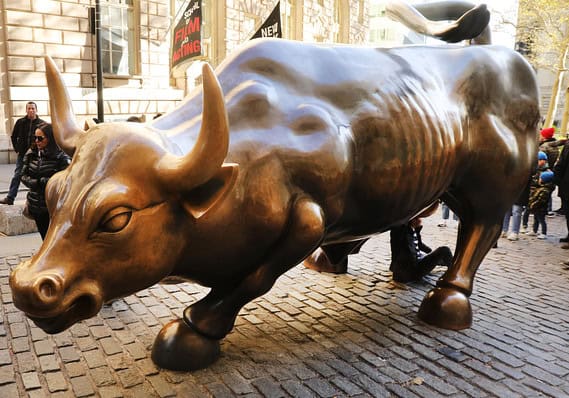Investors say the desire to play catch up could drive additional gains for the stock-market
A vicious stock-market rout on Thursday this week gave a dose of reality to investors who wagered that equities would continue their uninterrupted march higher.
But analysts say there are plenty of investors who missed out on Wall Street’s recovery since March and may take advantage of the midweek selloff to play catch-up, suggesting some investors may be feeling FOMO, or fear-of-missing-out, despite worries over a re-acceleration of COVID-19 infections across some U.S. states.
“Psychologically, this is a better entry point,” said Esty Dwek, head of global market strategy, at Natixis Investment Managers, in an interview. “So many people missed the rally. Very few people called the bottom.”
That could point to further gains for the market. At the same time, it suggests the foundation for such gains could be shaky, as professional investors chase gains despite the looming uncertainties around the pace of U.S. economic growth and how a post-coronavirus economy will shape up.
In fact, many institutional investors and wealth managers had sat out the stock-market’s rebound from March because of these very uncertainties. Yet the pressure to buy stocks and corporate bonds to make up for lost ground could be a powerful impulse for investors, overriding their cautious instincts.
The S&P 500 SPX, +1.30% is up nearly 36% from its March low of 2,237.40 but after Thursday’s 5.9% drop, the broad-market index is down 4.8% this week.
Another psychological driver of continued inflows into stocks, corporate bonds and other so-called risky assets, despite their swift run-up in the past few months, is that few see an alternative place to park their money.
With the Federal Reserve having driven yields for U.S. government bonds to record lows this year, investors have been pushed out to higher-yielding and more volatile sectors of the financial markets.
“They look at Treasurys trading at a less than 1% yield and cash offering zero, so they decide maybe you take some risk,” Tony Rodriguez, head of fixed-income strategy at Nuveen, told MarketWatch.
The 10-year Treasury note yield TMUBMUSD10Y, 0.670% ended at 0.71% on Friday, down around 1.20 percentage points from where it traded at the start of hte year.
He points out inflows into high-yield corporate bonds and municipal debt have grown as investors feel confident enough to look for additional yield again.
Yet this comes alongside a worrying trend, analysts say, of speculative buying of securities in hotel chains, airlines and travel-related industries. Companies with more debt and less resilient balance sheets have also come under favor in the last few weeks, as investors saw their depressed equity and bond values, and rushed in on the hope that they would catch up with the broader market.
“There is definitely a sense when you look from company to company, you think their [bond] prices makes no sense,” said Rodriguez, likening it to how stocks of companies like Hertz Global Holdings Inc. HTZ, +37.37% that had filed for Chapter 11 were seeing renewed interest among retail investors.
Yet Yung-Yu Ma, chief investment strategist for BMO Wealth Management, says this euphoria-like buying may only be contained to some companies and sectors, and that it didn’t necessarily reflect the broader market mood. In his conversations with clients, he sensed there were still a large camp of professional investors that were wary of rushing into the market.
“In terms of investor sentiment, it’s not a rally that has been fully bought into,” said Ma.
Next week, investors will face some fresh U.S. economic data, headlined by May retail sales numbers, last month’s housing starts, and May industrial production numbers.
It will be a quiet week for corporate earnings reports, with a handful of companies such as. Oracle Corp. ORCL, +1.07% , H&R Block Inc. HRB, +2.8

